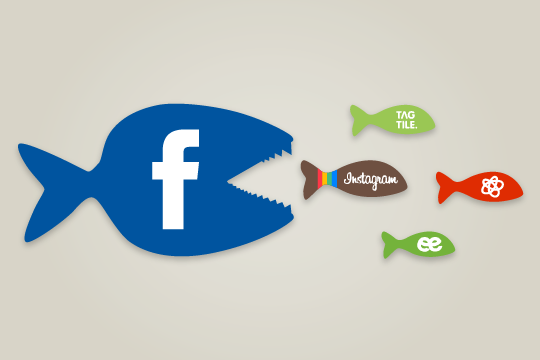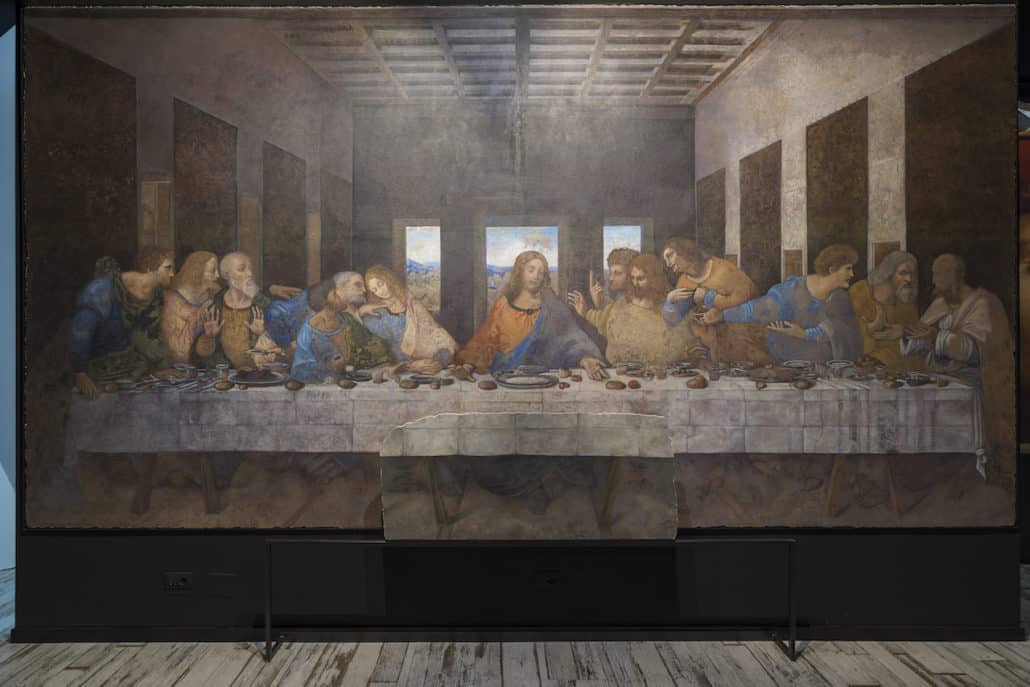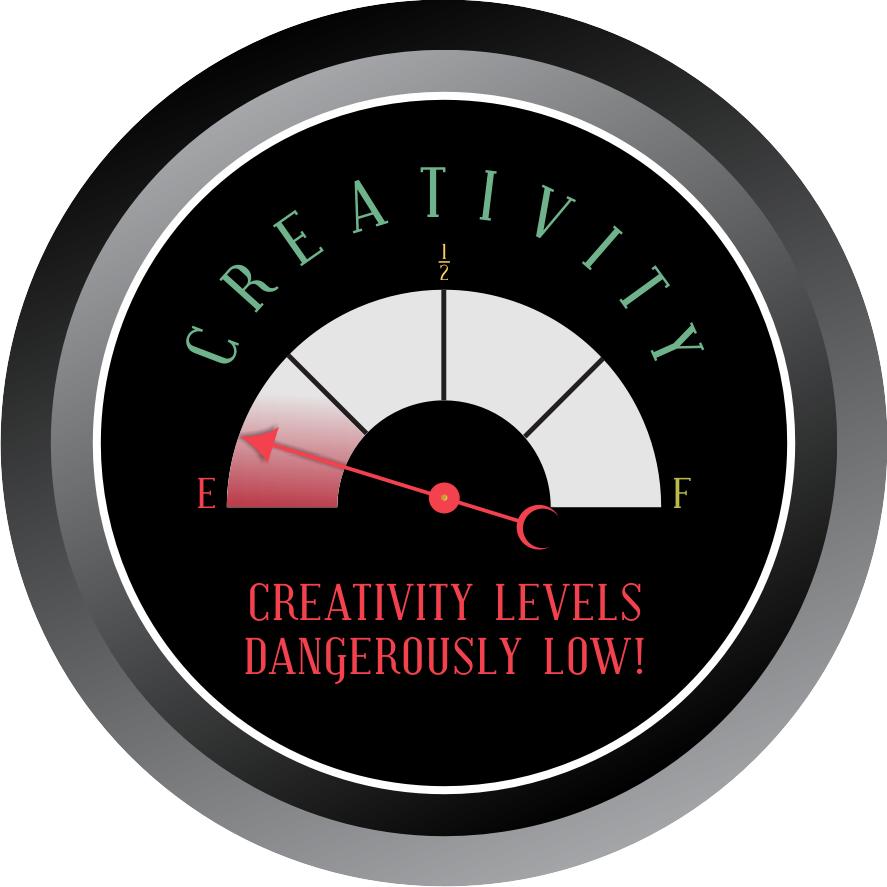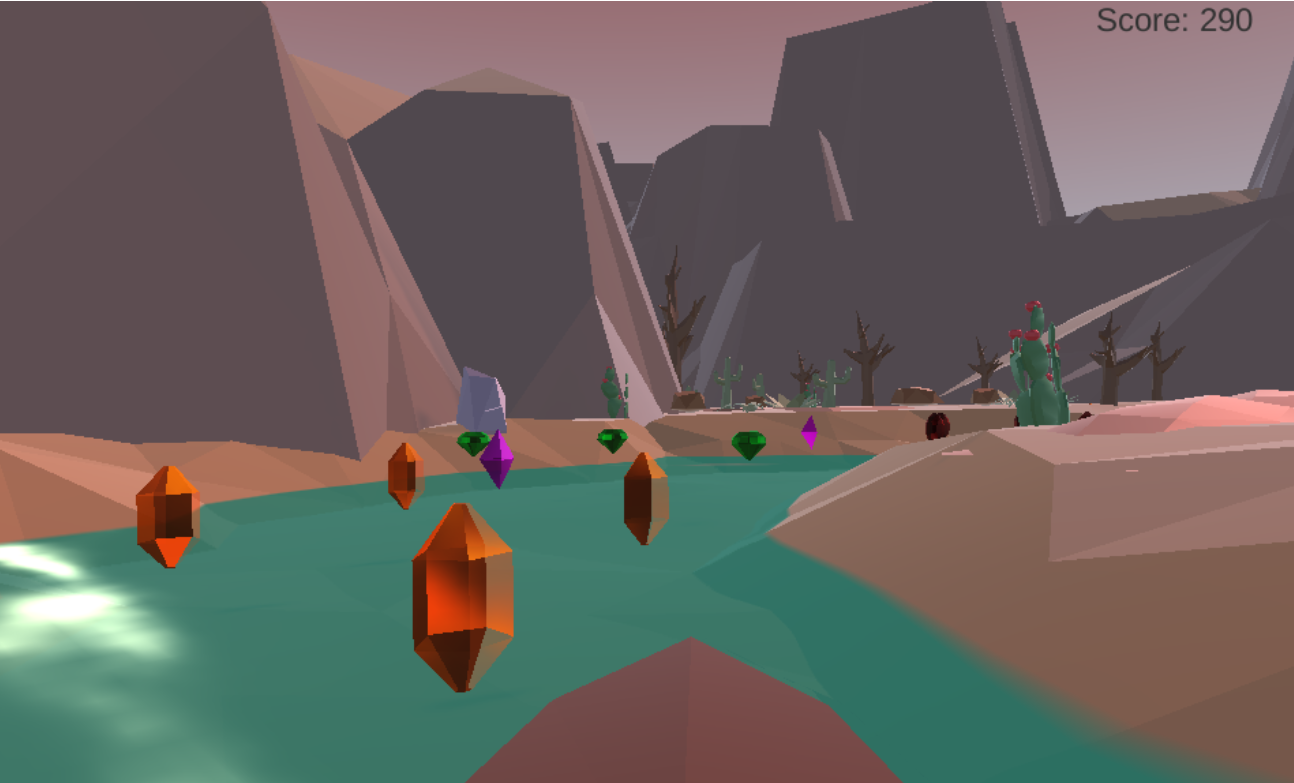In light of the reports of sexual assault from game developers Nathalie Lawhead, Zoë Quinn, and Adelaide Gardner at the hands of male industry legends this week, I felt like I needed to make this post. I’m not going to be the first or the last person writing about this topic. But their stories and their bravery in sharing them despite risk to their careers should be spread as widely as possible. I have been very interested in being one of the women in the game industry for years, as you can probably tell by some of my other posts (here, here, and here). Yet the fear of what goes on there kept me from making a serious effort to break in.
Nathalie Lawhead was the first to release her story. She published a long account on her personal blog that included screenshots from emails as evidence. The extremely abusive treatment (unpaid labor, gaslighting, extreme crunch, humiliation) she experienced at the hands of Vancouver based game company combined with the sexual assault and harassment from Skyrim composer Jeremy Soule (who used his connections to make her experience at the company as horrible as possible) had me reeling. I can hardly begin to imagine the pain and suffering Nathalie went through. The way she described it made my entire body ache with compassion.

It is not news for those who pay attention that the game industry is toxic. There is a movement for game developers to unionize because of game corporation’s frequent layoffs, tendency to underpay, and mistreatment of workers. Game journalists publish accounts detailing how many companies resort to long periods of crunch to complete a project. During crunch, companies expect developers to pull all-nighters, skip meals, and generally work till they drop. There are no tangible statistics that I know of tracking how many game developers literally drop from burn out. But, if they exist, I am certain they are extremely disturbing trends.
The thing is, women and men share the burden of overwork in the game industry. It is a horrible standard, but there is an even uglier side that women experience. Riot Games has been under fire for years for its sexist culture. There have been abhorrent reports of sexual harassment, almost farcical in their extremity. “One woman saw an e-mail thread about what it would be like to ‘penetrate her,’ in which a colleague added that she’d be a good target to sleep with and not call again. Another said a colleague once informed her, apparently as a compliment, that she was on a list getting passed around by senior leaders detailing who they’d sleep with. “

Game companies like Riot have been getting away with this disturbing bro culture for years because of their extremely popular game League of Legends. Riot and many other AAA companies also has raving fans known to pile on to anyone who criticizes the company or their game. Plenty of game developers have lived in fear of these fans. This is because they often aggressively demand changes to the game whenever it doesn’t fit with their expectations. This leads to women in the game industry to live in fear of speaking up about sexism. Angry fans have gone so far as to release developers personal information, or engage in prolonged online harassment of their targets.
Then you have the game industry legends. Criticizing a game company can bring down the wrath of hundreds of fans. Criticizing a legend can be even more dangerous. These are the darlings of the industry, deeply respected with more connections than most game developers can dream of. They have the power to make or break the career of an up and coming developer. It’s no wonder that Lawhead lived in fear for years of speaking up about what happened. She knew how immense the backlash could be. Even though she has won many awards for her fantastic work, as a woman and an indie dev she knew her name did not carry the same weight as that of Jeremy Soule.

The closest I ever got to working for a game company was when I went to a a IGDA talk. The CEO discussed his game and said he was searching for more developers. I spoke with him and told him about my Unity experience. He invited me to come to another event a week later. It was at that other event that I witnessed him blatantly touch another woman’s chest under the guise that he saw a hair there. I remember the shock and sinking feeling in my chest when this happened. It occurred to me that this was likely going to be the behavior I would witness (and maybe have done to me) on a regular basis if I worked for him. I had witnessed sexism in tech many times. Yet this was on another level from what I had seen previously, and crossed the line into sexual harassment.
You might be wondering what I’m trying to get at in this piece. I guess it’s nothing that hasn’t been said before, but until I see change I feel like it will just have to keep being said. Over and over and over again. No aspect of how women are treated in the game industry is OK. What happened to me is a pale ghost in comparison to what happened to women like Nathalie, Zoë, and Adelaide. Yet I have seen and read enough to believe that what they say is true. My heart goes out to all of them, and to all of the other women in the game industry who have experienced sexual abuse in the game industry. More of them are coming out of the woodwork with their stories even as I write this. None of them deserve to suffer like this.
If you agree with what I’ve written here, consider following me on twitter @nadyaprimak. I post updates about my blog, coding projects, and creative work. I also write a fair amount about the tech and game industries. If you’re interested in delving deeper into what its like specifically for women in gaming, I recommend checking out this book.















